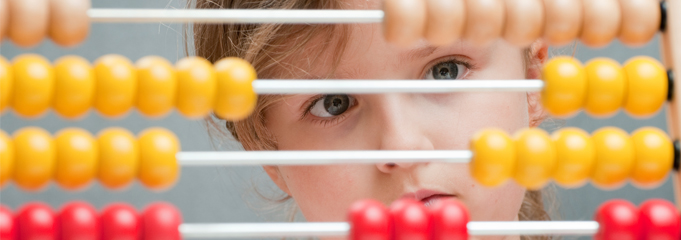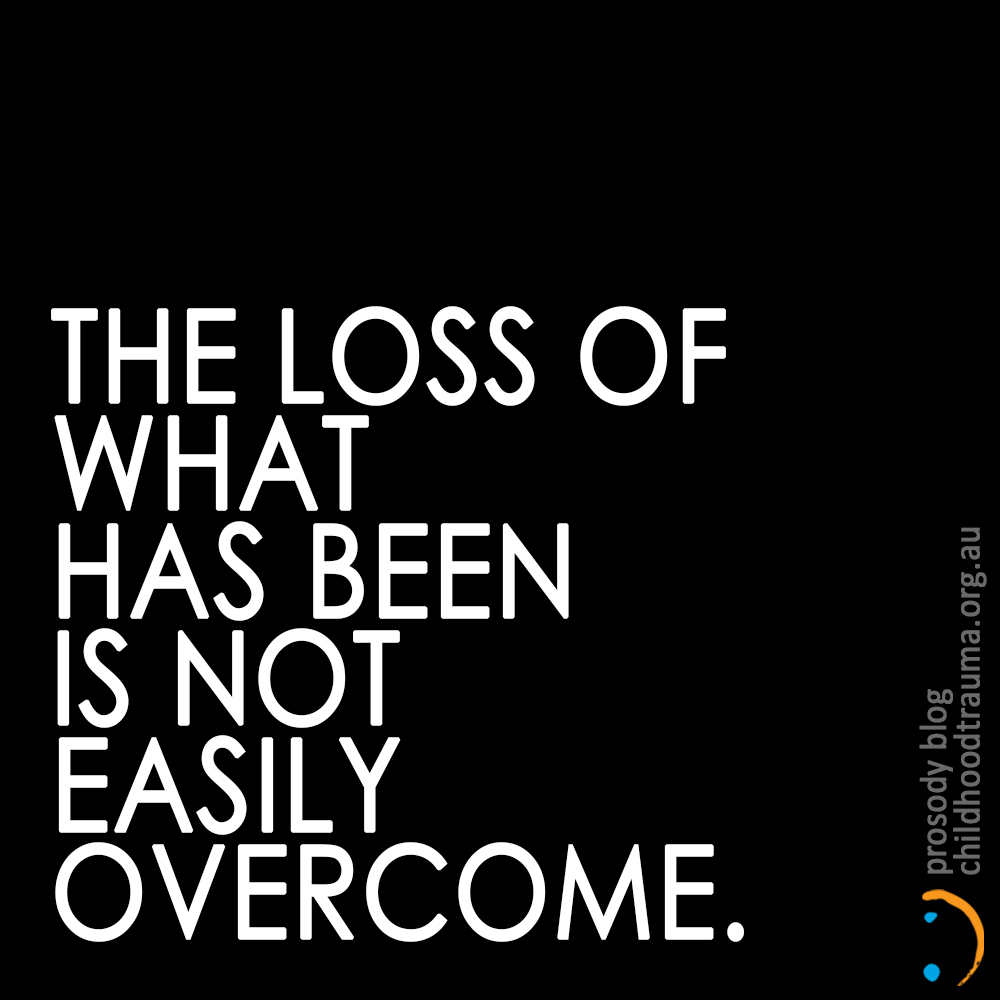
Counting the costs – children lose more than you might think when they experience family violence.

This article was authored by Joe Tucci, CEO at the Australian Childhood Foundation.
With a new Royal Commission into Family Violence being announced in Victoria yesterday, it is timely to think about the losses that children experience as a result of the consequences of disruption and violation in their lives.
There is no doubt that in addition to the traumatic impact felt directly by children, family violence can also lead to loss on multiple levels.
Safety
Children lose a sense of safety in their relationships. They experience them as painful and unpredictable. The relationships are not unconditional sources of nurture and care.
Children can sometimes feel alone with nobody on their side. They do not know what will happen next. A lack of safety is a significant loss for children. It has a ripple effect and can make their whole world feel scary. It compounds the effects of trauma for them.
Home
If children have to move to escape violence, they lose their home, their friends and their neighborhood. Their routines change beyond their control. They leave behind everything they have known. They are forced to start again. If they have had to move a number of times, they will find it difficult to settle into a new place and make friends again, learn new rules at school, and remember the names of their new friends. They will expect to move again. It will be painful to become too attached to anything or anyone. Family violence causes the loss of predictability and familiarity for children.
Access to family
Family violence often restructures who children live with, who they are able to visit and when. In some circumstances, children can lose contact or have restricted access with one of their parents – generally the one that has caused the violence in the first place. Children may not understand why. They may be left confused. In the absence of explanations that make sense to them, children can come up with their own. They blame themselves. They blame the parent who is the target of the violence. They blame the arguments. They blame the parent who has used the violence. They may want the violence to stop but continue to see the person responsible for the violence.
What has been
Children’s own views are translated through a lens that somehow tries to bring back safety and peace in their world. Children lose what has been. They lose a part of themselves that liked the way it was. It is not a loss that they can easily overcome.
Access to culture and tradition
Experiences of family violence serve to disconnect children from their culture. They lose the meanings associated with the beliefs of their family and community. They find it difficult to understand and fulfill the responsibilities they have as a part of their community. The importance of their traditions decay.
They lose the principles that their culture offers them about what is right and wrong, what is respectful and disrespectful, what it means to belong to a way of seeing the world that is so vital to the way they see themselves and their relationships.
Children need opportunities to connect with their culture and community as ways of anchoring them in the face of the often significant disruption, loss and dislocation that arises from family violence.
Identity
With a loss of culture comes a loss of identity. Children affected by family violence live in-between worlds. They are not fully part of their own culture – it feels alien to them. Yet, they are not totally accepted into the community that sees them as outsiders. In this world, their culture sets them apart. Neither feels secure.
Recognition and understanding of their own losses
Children affected by family violence need their parents and other important people to recognise how much is lost for them in the processes of escaping violence. Children need these losses to be validated and where possible considered by the adults in their decision making. Children also benefit from opportunities to have these losses addressed by their parents and others. Their relationships with their mothers offer children the base upon which they can rediscover what has been lost.
You may not work in Victoria, but you will no doubt recognise these losses from your own work with children and families. Too often, children are the forgotten victims of family violence and it is my hope that the new Royal Commission in Victoria might benefit children far beyond the borders of the state in which it is held.
Perhaps your workplace might take time to reflect on the costs children experience beyond the immediate traumatic impacts. I wonder – even without a Royal Commission – if there are already ways we can all work together to better acknowledge these losses for children?
